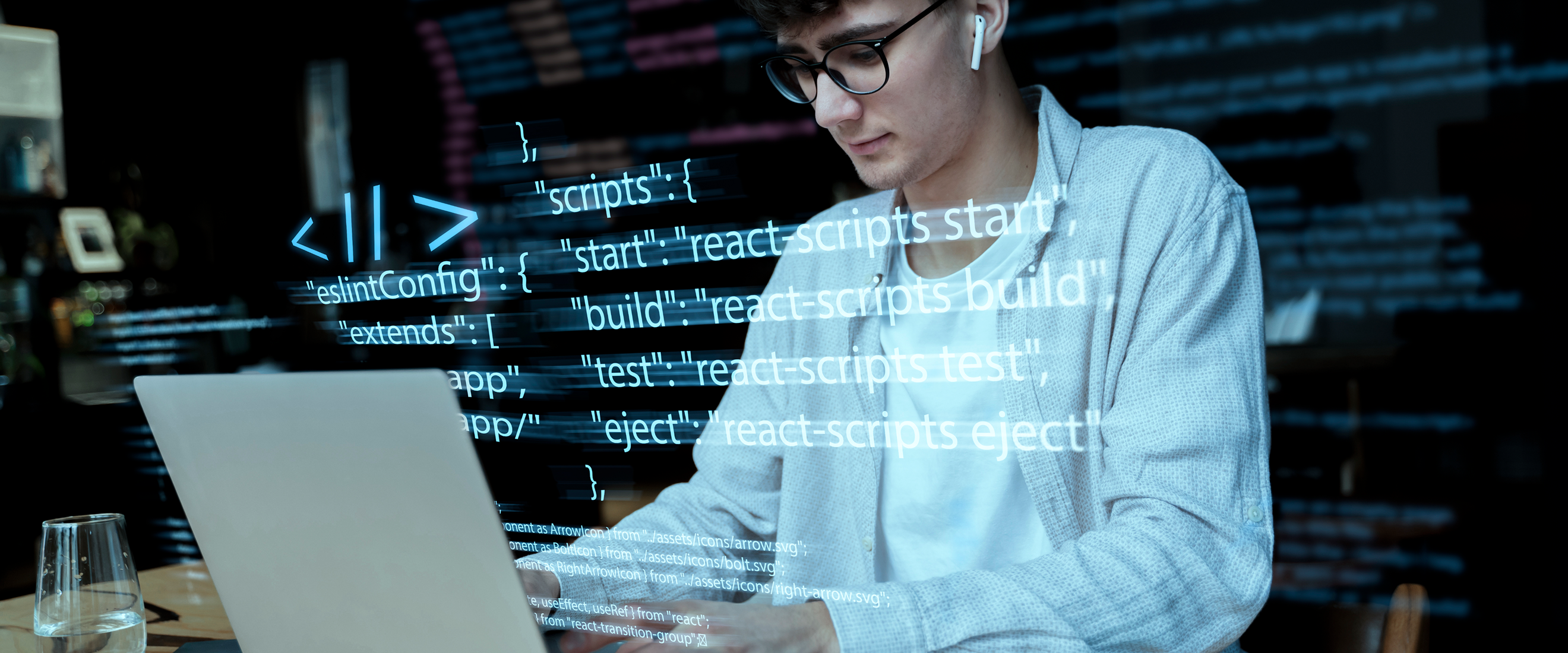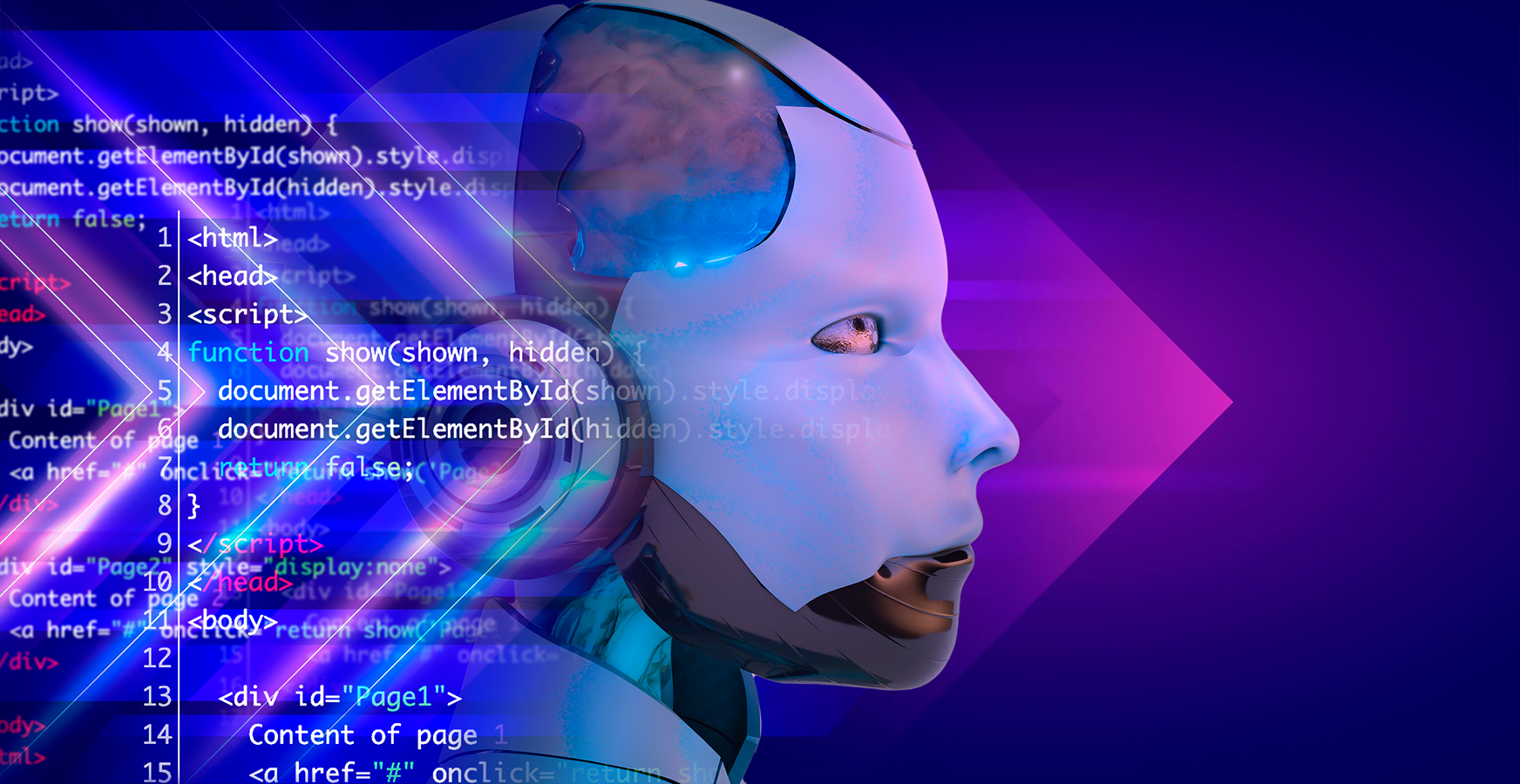
As we progress deeper into the 21st century, the landscape of technology is evolving at an unprecedented pace. Programming, at the heart of this technological revolution, is not exempt from these changes. The next decade promises to bring about significant shifts in how we approach software development, the types of applications we build, and the skills that will be in demand. This article explores the future of programming and the essential skills programmers will need to thrive in the coming years.

1. Emphasis on Artificial Intelligence and Machine Learning
Artificial Intelligence (AI) and Machine Learning (ML) are already shaping the future of programming, and this trend is expected to accelerate. With the proliferation of AI applications—from chatbots to predictive analytics—programmers will need a solid understanding of these technologies.
Required Skills:
Data Analysis: Understanding how to analyze and interpret data is crucial. Programmers will need to work with large datasets, identifying patterns and extracting meaningful insights.
Familiarity with ML Frameworks: Proficiency in tools like TensorFlow, PyTorch, and Scikit-learn will be essential for building intelligent applications.
Ethical AI Development: As AI technologies become more widespread, understanding ethical considerations in AI development will be increasingly important. Developers must ensure their AI systems are fair, transparent, and unbiased.
2. Proficiency in Cloud Computing
Cloud computing has transformed the way applications are deployed and managed. As businesses continue to migrate to the cloud, programmers will need to be well-versed in cloud services and architecture.
Required Skills:
Cloud Platforms: Familiarity with major cloud service providers like AWS, Google Cloud, and Microsoft Azure will be essential for deploying scalable applications.
DevOps Practices: Understanding DevOps methodologies will help developers integrate coding with deployment and operations, leading to more efficient workflows.
Containerization and Orchestration: Knowledge of tools like Docker and Kubernetes will be critical for managing microservices and ensuring smooth deployment processes.
3. Full-Stack Development
As organizations seek more versatile developers, the demand for full-stack developers who can handle both front-end and back-end technologies will continue to grow. Full-stack developers have the ability to build comprehensive applications from start to finish.
Required Skills:
Front-End Frameworks: Proficiency in JavaScript frameworks like React, Angular, or Vue.js will be essential for creating dynamic user interfaces.
Back-End Technologies: Knowledge of back-end languages such as Node.js, Python, Ruby, or Java, along with databases (SQL and NoSQL), is crucial for managing server-side logic.
API Development: Understanding RESTful services and GraphQL will be vital for integrating front-end and back-end systems.
4. Cybersecurity Awareness
With the increasing number of cyber threats, cybersecurity is becoming a paramount concern for developers. Future programmers must prioritize security in their coding practices and applications.
Required Skills:
Secure Coding Practices: Familiarity with OWASP guidelines and principles of secure coding will help mitigate vulnerabilities in applications.
Understanding Threat Models: Developers should learn how to identify and assess potential security threats to their applications.
Incident Response: Basic knowledge of how to respond to security incidents and breaches will be beneficial in creating resilient systems.
5. Collaborative Skills and Soft Skills
As software development becomes more collaborative, interpersonal skills will play a crucial role in a programmer's success. Developers will often work in cross-functional teams, requiring effective communication and collaboration.
Required Skills:
Agile Methodologies: Familiarity with Agile practices such as Scrum and Kanban will help developers work efficiently in teams.
Effective Communication: The ability to communicate technical concepts to non-technical stakeholders is invaluable.
Problem-Solving Mindset: Strong analytical skills and the ability to think critically will enable developers to tackle complex challenges.
6. Continuous Learning and Adaptability
The rapid pace of technological change means that programmers must embrace a mindset of continuous learning. The ability to adapt to new tools, languages, and methodologies will be essential.
Required Skills:
Self-Directed Learning: Programmers should actively seek out resources, such as online courses, coding boot camps, and community forums, to stay updated with the latest trends.
Networking: Engaging with professional communities, attending conferences, and participating in hackathons will provide exposure to new ideas and technologies.
Cross-Disciplinary Knowledge: A willingness to learn about related fields, such as data science, user experience (UX) design, or project management, can enhance a programmer's versatility.
7. Understanding Emerging Technologies
The rise of emerging technologies, such as blockchain, augmented reality (AR), and the Internet of Things (IoT), will require programmers to broaden their skill sets beyond traditional software development.
Required Skills:
Blockchain Development: Familiarity with blockchain technology and platforms like Ethereum will be valuable for developing decentralized applications.
AR/VR Programming: Understanding how to develop applications for AR and VR environments will be crucial as these technologies gain traction in various industries.
IoT Integration: Knowledge of how to connect and manage IoT devices will be essential as the number of connected devices continues to grow.
8. Focus on User-Centric Design
As user experience becomes a critical factor in software development, programmers will need to prioritize user-centric design principles. This means creating applications that are not only functional but also intuitive and enjoyable to use.
Required Skills:
UX/UI Principles: A solid understanding of user experience and interface design will help developers create more effective applications.
Usability Testing: Learning how to conduct usability tests and gather user feedback will improve the quality of applications.
Responsive Design: Knowledge of how to build applications that perform well across various devices and screen sizes will be increasingly important.
Conclusion
The future of programming is bright and filled with opportunities, but it will also present challenges. As technology continues to evolve, programmers must adapt by acquiring new skills and knowledge. Emphasizing AI, cloud computing, full-stack development, cybersecurity, collaboration, continuous learning, and emerging technologies will be crucial for those looking to thrive in the next decade. By embracing these skills and staying adaptable, programmers can ensure their relevance in an ever-changing landscape and contribute to shaping the future of technology.